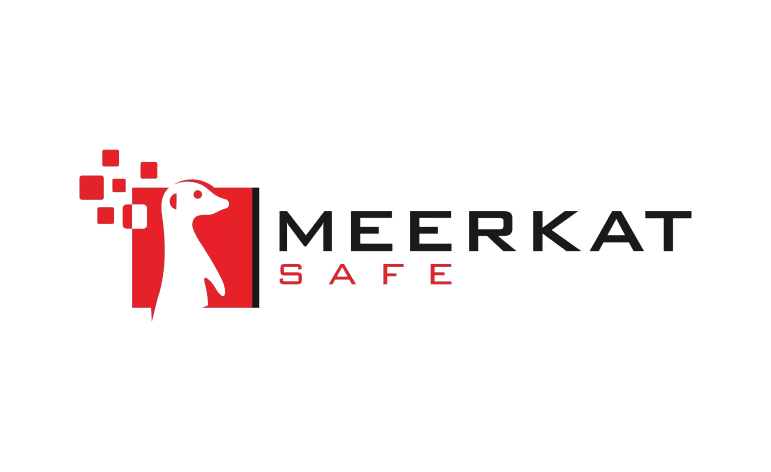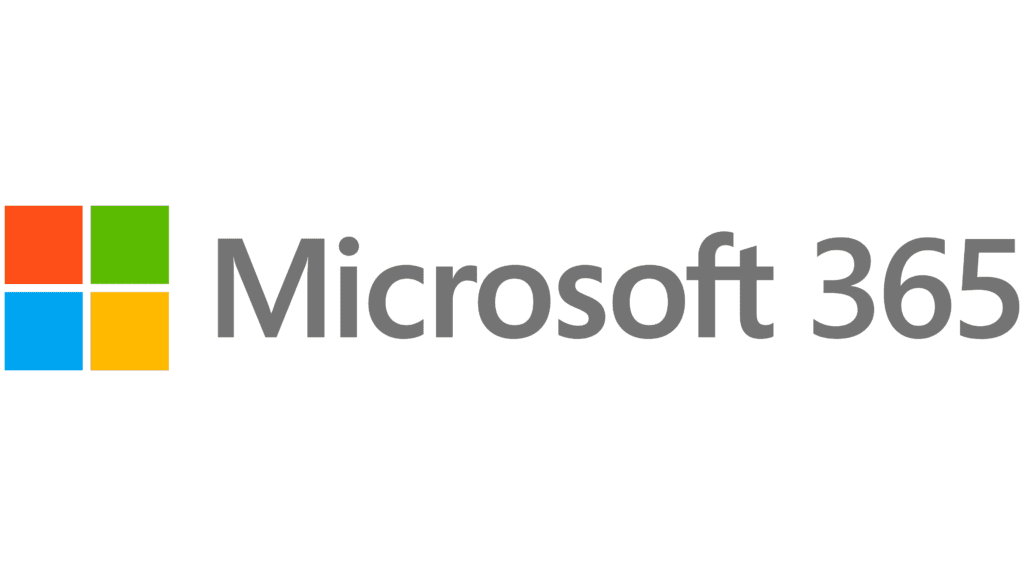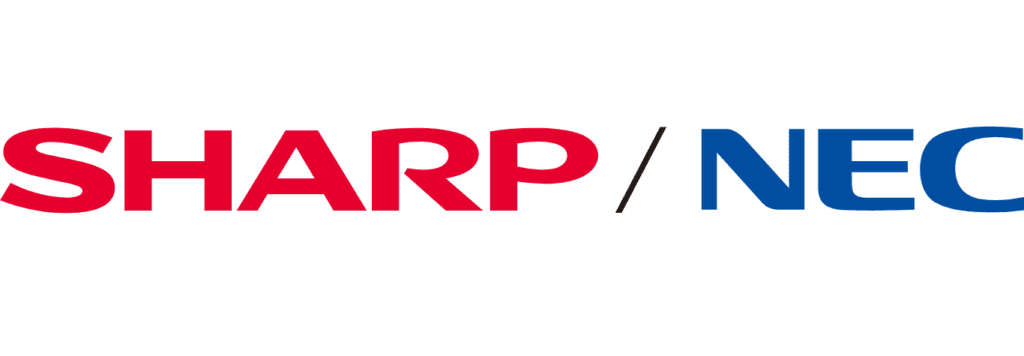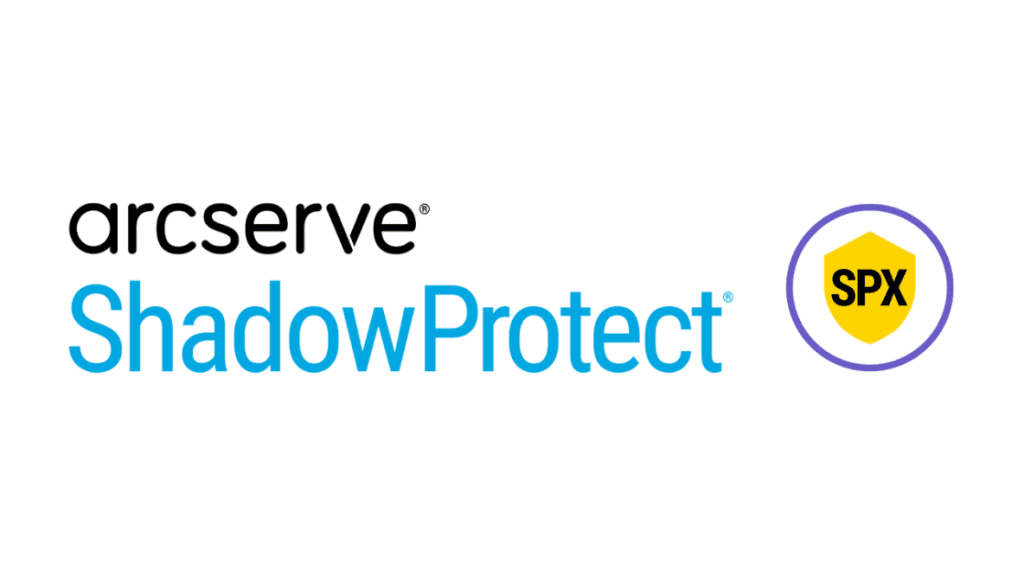
Remote learning is becoming more and more popular if not necessary since the COVID-19 coronavirus pandemic. While many schools are opening fully, many educational institutions will be teaching online, or at least partially through remote learning.
While the technologies for teaching remote classes via the Internet have advanced considerably, they may still have limitations. One of the biggest concerns with remote learning is security. Is the platform secure (especially if children are participating)? Are technology options available for schools to enhance the learning experience? What about staying in communication with students and staff between classes?
New Technology for Remote Learning
Voice Over Internet Protocol (VOIP) technology has been around for a while. It was originally used to enable telephone communications through the Internet. However, VOIP has come a long way since its initial implementation as an alternative to a telephone land line.
VOIP, which can now enable video chats as well as file transfers, is becoming more of an essential tool for business. It can also be extremely helpful for schools.
Interactive video conferencing enables teachers to present classes to students remotely, allowing for questions and answers from participants. With advanced features such as cloud document sharing, VOIP can be more than just a simple video interaction but also a full online classroom.
Along with video conferencing, digital whiteboards can enable collaborative learning. While digital whiteboards are extremely helpful for in-classroom education, they can also enable remote learning. They can be used to deliver interactive livestream presentations, which can also be recorded for later playback. With annotation capabilities, documents can be placed onscreen to be analyzed and highlighted. Graphs and charts can be displayed and modified to accentuate the lecture.
Additionally, digital whiteboards, along with VOIP technologies, can connect disparate, remote classrooms to provide multi-locational learning.
How to Stay Secure and Have Access to All Students
One of the problems with many popularized commercial video conferencing options is that they are not secure enough. Hacking or video bombing of group conferences has been a problem since people have flocked to these services during coronavirus lockdowns. For schools, having a secure video system is especially important, particularly if students are underage. This is where enterprise-level VOIP conferencing services can help.
Another way VOIP can facilitate secure communication in education is as follows:
Our VOIP system offers caller ID that connects to student records. This enables teachers and school administrators to keep track of all incoming calls and identify students, making it easier to connect with students privately.
How VOIP Can Be Utilized to Keep Engagement
Student engagement is an important key in enabling student success. But keeping students engaged and helping them feel cared about can be a lot more challenging in remote learning environments. Here are just a few ways VOIP and modern technology can help:
1. Creating a Collaborative Learning Experience
Just lecturing at students, especially in remote learning, can end up causing disengagement and lack of interest. It is far too easy to get distracted by what is going on in the external environment during video conference calls. Modern VOIP technologies can help provide avenues for more interactivity. Thus, using collaborative digital whiteboard experiences can help keep remote students engaged and participating in online classes.
2. Connecting with Students Outside of Class
Connecting with students can be made easier with video chats and VOIP systems that include dashboards to track and connect calls.
3. Facilitating Homework and Document Sharing
VOIP remote learning technologies can help improve engagement through timely homework assignments and document sharing. With easy file sharing, students can easily receive and send documents back and forth with teachers.
VOIP and Remote Learning for Better Online Education
Online education can still be a rich learning experience for students. The key is in using the right technology that is secure and facilitates positive student engagement. For schools, piecing together a solution from a variety of popularized software solutions is usually not the best option. Instead, an integrated, professionally managed VOIP system is the best way to enable remote learning in education. This will provide a more seamless experience for students while giving teachers and administrators the flexibility to create custom programs for highly scalable learning solutions.
For the best in remote learning technology for schools, DSI offers VOIP and digital whiteboards to supercharge your education. Contact us today to find out more!

Jocelyn Gorman, the Executive Vice President of DSI, possesses a deep understanding of the unique requirements of growing businesses. With over a decade of experience collaborating with clients across various industries, she closely collaborates with her Sales Team to develop and implement tailored technology solutions. These solutions aim to enhance office productivity and minimize operational costs. Her remarkable ability to effectively address business challenges has garnered recognition from prestigious publications such as the Cannata Report and Family Business Magazine.


